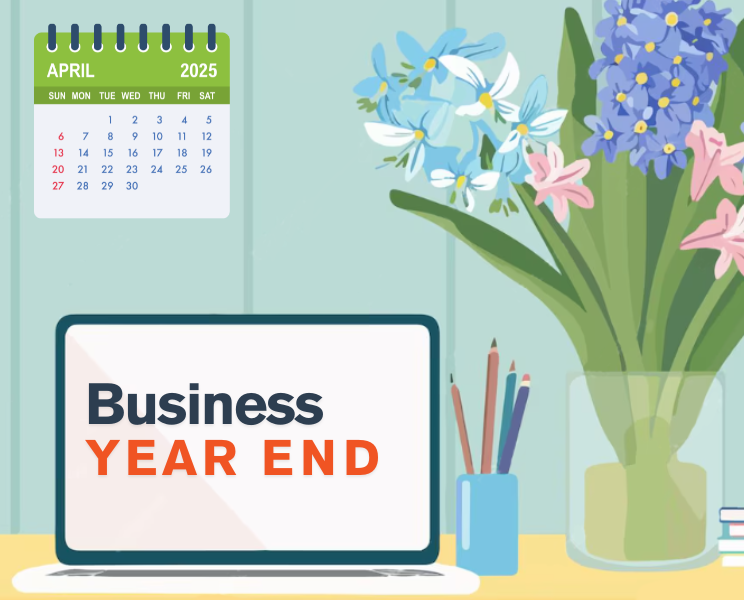7 Things To Consider Before The End Of The Tax Year
With a little time left until the end of the tax year (5th April), it might be the last chance to reduce your income tax bill. Have a look at the different ways you can reduce your tax bill.
Take advantage of the marriage allowance
Marriage allowance allows you to transfer 10% of the personal allowance to your husband, wife or civil partner – if they earn more than you. This can reduce the total tax paid by the couple up to £252 a year. In order to transfer the allowances, the party that is giving up 10% of their personal allowances needs to earn below the personal allowances threshold and the receiving party needs to be a basic rate taxpayer. Higher and additional rate taxpayer aren’t eligible for this allowance.
Couples can apply by clicking on the gov.uk website.
Use your ISA allowances where possible!
With cash ISAs or stocks and shares ISAs (and other permitted investments), you can save or invest up to £20,000 a year tax-free.
Currently, 16 and 17-year-olds can receive two ISA allowances at the same time. One is a Junior ISA with a limit of £9,000 and the other is an adult cash ISA of £20,000. As a result, tax-free savings of up to £29,000 are available to your child.
People aged 18-39 can also open another type of ISA called a Lifetime ISA. A Lifetime ISA entitles taxpayers to save up to £4,000 a year until they reach 50. The government will add a 25% bonus to your savings, up to a maximum of £1,000 a year. This is a great way to save tax-free for your retirement.
The Lifetime ISA Limit is included in the annual ISA limit.
Top up your pension
You have up to £40,000 between you and your employer that can be paid into a pension before it is taxed. Additional rate earners, this allowance can be tapered to a minimum of £4,000.
If you cannot make full use of the £40,000 annual allowance in this tax year, but you are a member of a pension scheme, you can carry forward unused allowances for the next 3 years.
All UK tax residents are entitled to personal allowances, but once your earnings go over £100,000 you start losing it. However, by increasing the amount of your pension contributions, you can reduce some of your taxable income and preserve your personal allowances.
For 2023/24 tax year the annual allowance is increasing to £60k and the minimum tapered allowance for additional rate earners is £10k. The lifetime allowance is being removed from 2023/24.
Give to charity
Giving to charity is a great way to help those less fortunate and obtain tax relief at the same time. Higher rate taxpayers can claim back the difference between higher and basic rate tax on their donation.
Charitable donations might also prevent you from losing your personal allowances.
Use the Capital Gain Tax annual exemption
Everyone has an annual exemption before CGT is charged. It’s £12,300 in 2021/22 tax year and, similar to ISA allowances, it is not possible to carry forward unused balances, therefore, if you don’t use it, you’ll lose it!
The allowance is for individuals, so couples have a joint allowance for 2021/22 of £24,600. It might be worth transferring an asset into your joint names so that you can both use up the allowances when disposing of an asset.
The annual exempt amount is being reduced from £12,300 to £6,000 from 6th April 2023.
Declare a tax free dividend
You can currently receive £2,000 worth of dividends free of income tax. The Dividend Allowance will not reduce total income for income tax purposes, and dividends within the allowance will still count towards the basic or higher rate bands. This may impact the rate of tax payable on dividends received in excess of the £2,000 allowance.
From 6th April 2023 the dividend free allowance is being reduced to £1,000 and from 6th April 2025 it is being further reduced to £500.
Inheritance Tax annual exemption
The annual exemption only reduces the IHT value for “lifetime” transfers. The annual exemption is £3,000 for the tax year and any unused amount can only be carried forward one tax year.



